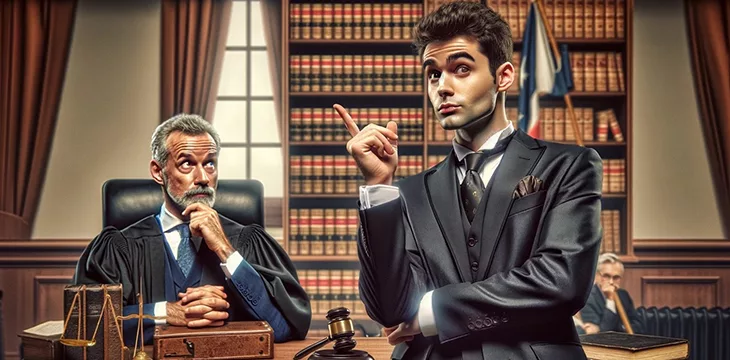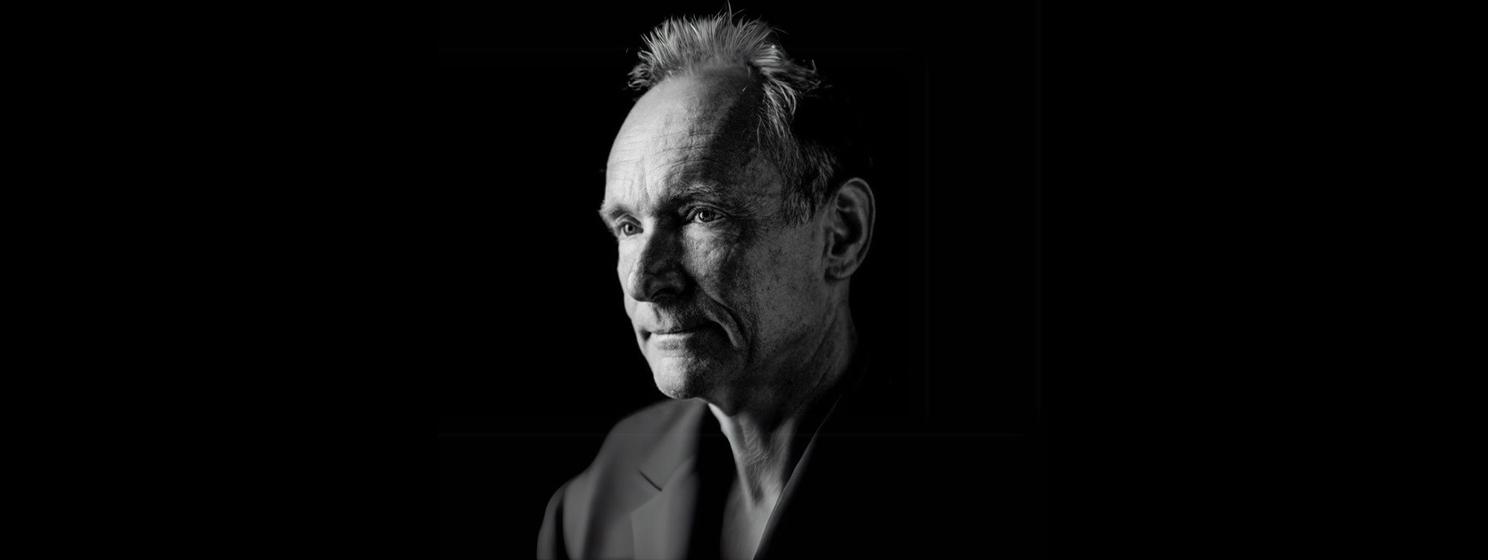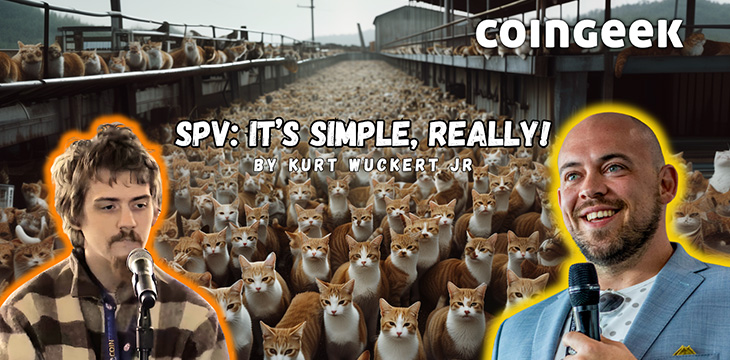
|
Getting your Trinity Audio player ready... |
As a journalist, I often spend time wondering how best to ask a question. But in the past couple of weeks, I’ve thought some more on the subject as I’ve watched the barristers in the COPA vs Wright case in action. Legal questioning is a completely different ball game.
In a filmed interview, for a documentary for instance, my voice should not be heard. I’ll be trying to prompt the interviewee to give an answer that can be understood in its own right without needing to hear the question.
If I get an answer like “yes, I agree, that’s exactly what happened,” it’s no good because you’d need to hear what had been asked. A simple way of avoiding this is to say, “tell me a bit about…” Then, the interviewee has to give a free-standing answer, which can be as long as they like.
In the courtroom, it’s the exact opposite. A barrister seems happiest with a simple “yes” or “no.” That way, they have it on record that the witness has agreed or disagreed with a proposition that’s been framed to be as useful as possible to the case they’re trying to make.
There’s a school of thought in journalism that says you shouldn’t ask a question to which you don’t already know the answer. There, I think we have something in common with barristers: a legal cross-examination is not a ‘fishing expedition’ but rather a chance to have facts confirmed under oath.
In the COPA case, I have been impressed with how COPA’s counsel, Mr. Hough, in particular, restrains himself from following interesting leads that Dr. Wright or anyone else might offer. He is determined not to be diverted from his carefully prepared strategy, however juicy the titbits which present themselves along the way.
On camera, whatever the theory might be, if someone comes up with something interesting that you hadn’t expected, then you’ll be missing a trick if you don’t throw away your question list and follow wherever the new strand leads. There often isn’t time for a preliminary interview before filming, so the filmed interview is also, in a sense, research.
Another important difference is that on camera if it’s an interview that will be edited, I’ll often reassure the interviewee that ‘if you’re not happy with an answer, we can redo it on the spot (implying that they can’t get in touch next week to tell me they wish they hadn’t said something. Sorry, that’s too late!)
Whereas in the courtroom, I suspect the gold dust lies in the moments when someone says something they immediately regret. They’re under oath, and it’s on the record. It’s impossible to retract.
Perhaps the most interesting questions in Mr. Justice Mellor’s COPA courtroom have come not from the barristers but from the judge himself. In the end, he’s going to have to make sense of all the contradictory evidence he’s heard. Where casual onlookers have the luxury of being able to be swayed by whatever is the last argument they heard, the poor judge will have to come to a verdict that somehow reconciles the apparently irreconcilable.
That’s why Judge Mellor’s occasional questions at the end of a cross-examination are so intriguing, perhaps offering clues about how he’s beginning that process. So, to Dr. Wright he asked: why did you want to have the proposal for your thesis published on an academic website as well as publishing the thesis itself? Answer: because the proposal is considered a piece of academic work in itself, and mine included sections that never made it into the final thesis. The judge gives no clue as to whether he’s impressed with the answers to his questions.
Most intriguing so far was a series of short questions he put to Dr. Wright’s colleague
Stefan Matthews at the end of his testimony, starting with ‘how sure are you of the August 2008 date when you say Dr. Wright gave you a memory stick with the White Paper on it?’ Matthews didn’t have any new information about how he was dating this event and ended up with something like, “that was my best understanding of how to place it in the 2008 calendar.”
I may be reading too much into this, but Judge Mellor pursued his question by pointing out that the White Paper had been published online just two months later. Matthews said he “knew” the memory stick incident happened before the White Paper had been published. The judge was not satisfied, asking how Matthews would have known that the White Paper had been published (a reasonable question since it was on an obscure message board and nobody had heard of Bitcoin at that point). Matthews didn’t have a specific answer but replied sympathetically, “I know what you’re getting at.”
What did he think the judge was getting at? Was he thinking what I was thinking? Was it that the memory stick incident could have happened as late as October, meaning that what was on it could have just been a copy of the published White Paper?
I wouldn’t want to claim anything from this about Mr. Matthews’ 2008 timeline or Dr. Wright’s case. Only that I will be interested to see how the memory stick story comes out in Judge Mellor’s final judgment. Sometimes, questions can be more interesting than answers.
Watch: CoinGeek Weekly Livestream with Kurt Wuckert Jr. & Jack Pitts

 11-21-2024
11-21-2024


